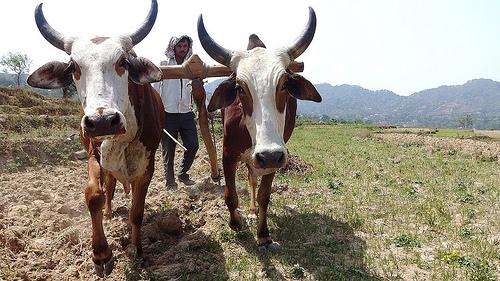
JOURNALIST P Sainath is known for his in-depth knowledge about rural India. On June 11, 2017, he interacted through a public webinar by People's Archive of Rural India explaining the present agriculture crisis in wake of farmers' protests in Madhya Pradesh and Maharashtra.
He also touches upon how the new cattle rules will impact rural economy, the water crisis and geneticially modified (GM) crops. Sainath also offers solutions to these issues through examples from the ground where things are moving positively.
Here are a few important points he made:
People are dropping out of agriculture and becoming labourers for corporations. The input costs have gone up exponentially. For instance, minimum germination rate of seeds has been lowered from 80 percent earlier to 60 percent which means farmers have to buy more seeds to get the same output and this favours the corporations. Farming is purposefully being made non-profitable. It will become profitable when farmers leave and corporations take over their farms.
Have a 10-day Parliament session on agriculture, including a day where we listen testimonies only from the farmers. Understand farm crisis through lives of farmers and agricultural labourers, not data.
We have issues with farm loan waivers and subsidies but don’t mind supporting corporates. Should we support food security of India or the Mallyas and Adanis? Minimum Support Price regime needs to stay and we have to ensure it works. We should also understand that loan waiver is just a relief, not a solution.
We already had livestock crisis; the new cattle rules would sharpen that. In Maharashtra, transactions in cattle markets have fallen by 60 percent already. The cattle rules are hitting lower castes, small farmers, landless people and religious minorities.
Approving GM food crops means handing over agriculture to nastiest corporations. It should be considered a criminal act.
The way we use water is mega crisis and moral crisis due to unequal distribution. Water is brought to cities from villages which face scarcity.
In Kerala, 4.2 million women have formed groups to take land on lease and grow food Such cooperative or group farming has changed credit dynamics and ensured food security for the poor and landless.
The webinar was produced by People's Archive of Rural India
